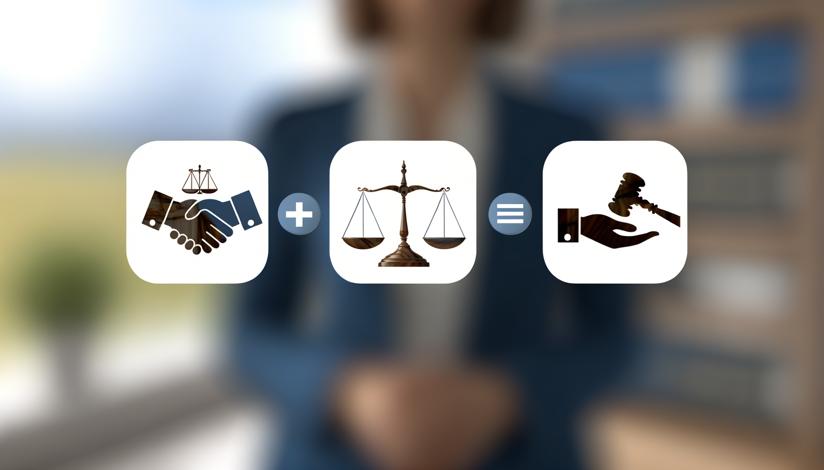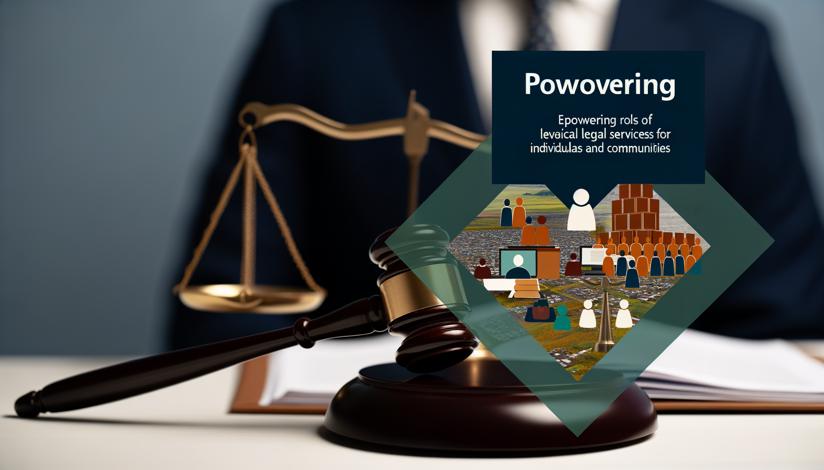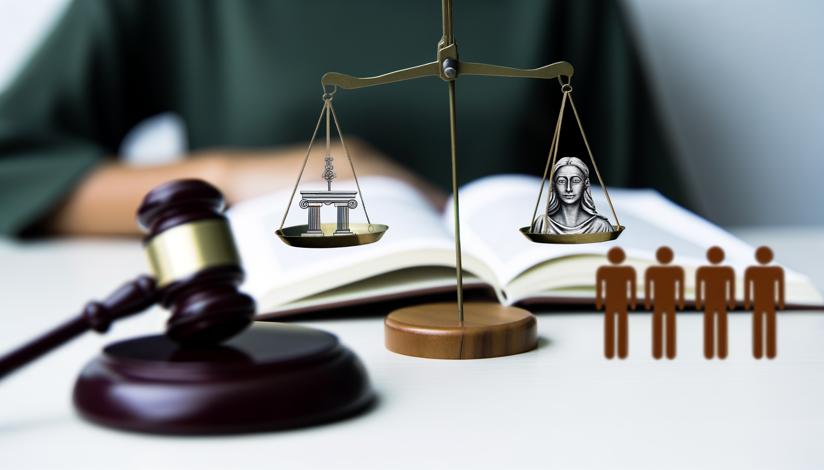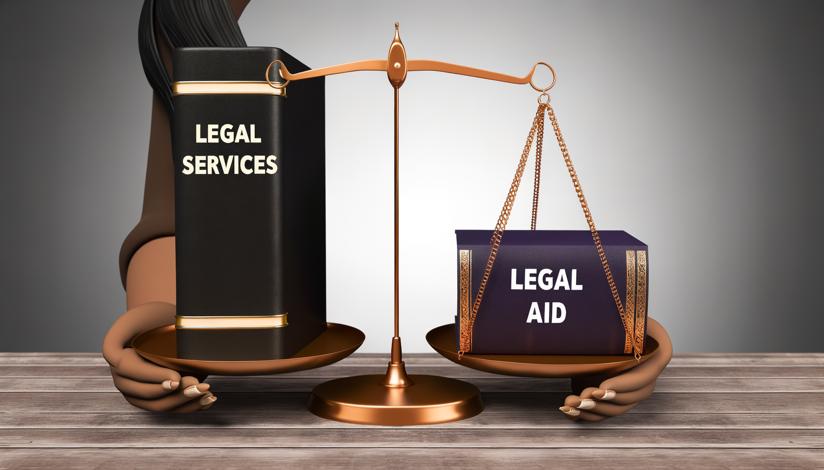

Mediation is a voluntary and confidential process where a neutral third-party mediator assists the disputing parties in reaching a mutually satisfactory agreement. It focuses on open communication, understanding, and compromise, allowing the parties to maintain control over the outcome. Mediation is often chosen when preserving relationships and finding creative solutions are important.
Arbitration, on the other hand, involves a neutral third-party arbitrator who acts as a judge and makes binding decisions. It is a more formal process, resembling a court trial, where the arbitrator reviews evidence and arguments from both sides. Arbitration is often preferred when there is a need for a definitive resolution and a desire to avoid lengthy court procedures.
Litigation is the traditional method of resolving disputes through the court system. It involves presenting one's case to a judge or jury, who then makes a final judgment. Litigation can be time-consuming, expensive, and adversarial in nature. It is typically chosen when all other options have been exhausted or when parties believe that their rights can only be protected through the legal system.
Each of these legal services has its own advantages and disadvantages. Mediation offers a non-confrontational and more private environment for resolving conflicts, preserving relationships, and encouraging creative solutions. Arbitration provides a structured and enforceable process with a binding decision, offering a faster resolution than litigation. Litigation, while often more time-consuming and costly, provides a formal and authoritative judgment from a court of law.
In conclusion, legal services such as mediation, arbitration, and litigation are powerful tools for resolving disputes and seeking justice. They provide individuals and organizations with different methods to address conflicts, depending on their specific needs and circumstances. Whether it's through open communication and compromise, a binding decision from an arbitrator, or a formal judgment from a court, these services empower individuals and uphold the rule of law.

Preserves relationships
Faster resolution
Formal judgment

Voluntary process
Binding decision
Time-consuming and costly




















-
https://www.americanbar.org/groups/dispute_resolution/resources/faq_list/
-
https://www.adr.org/faqs
-
https://www.law.cornell.edu/wex/alternative_dispute_resolution


































